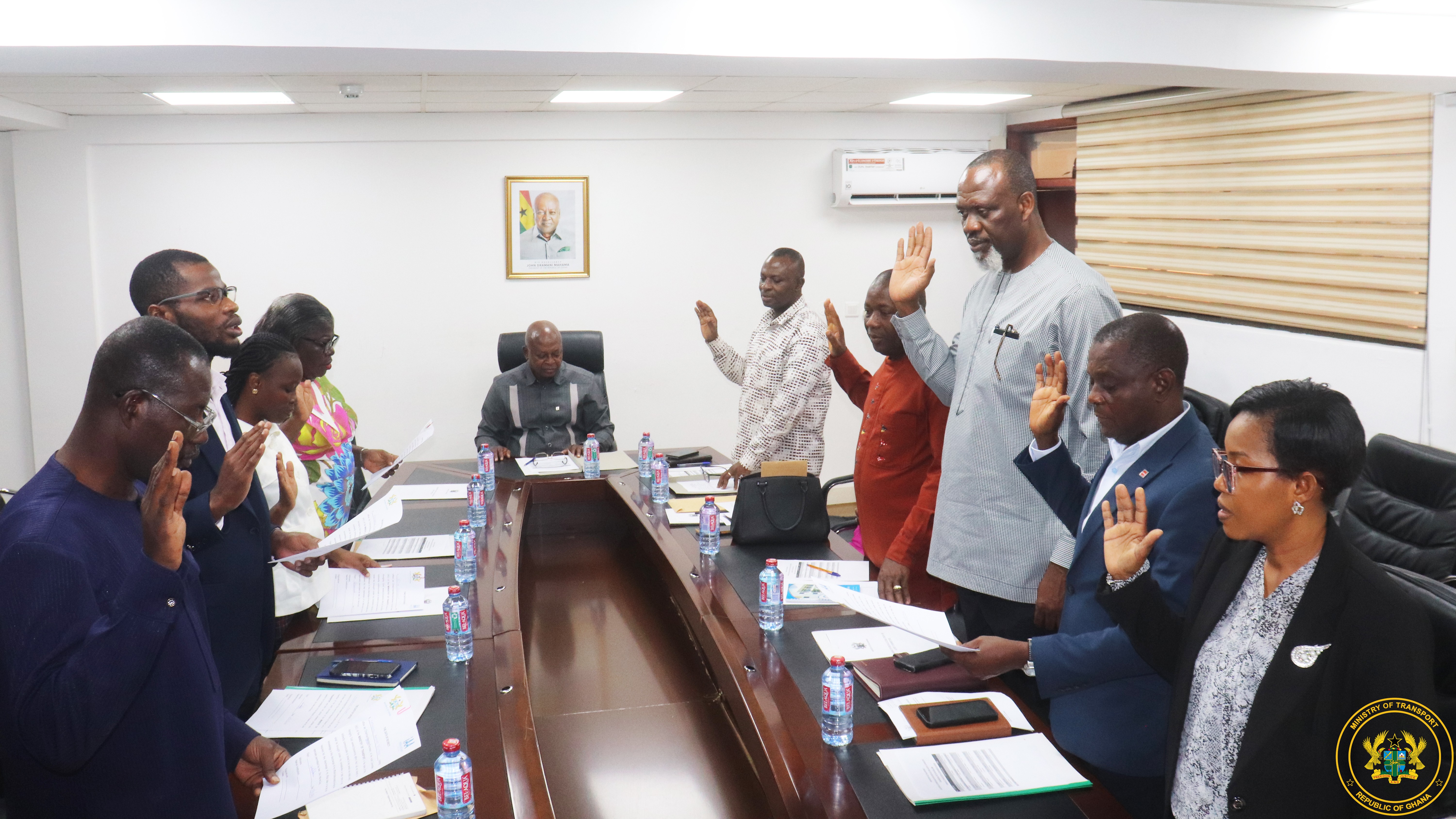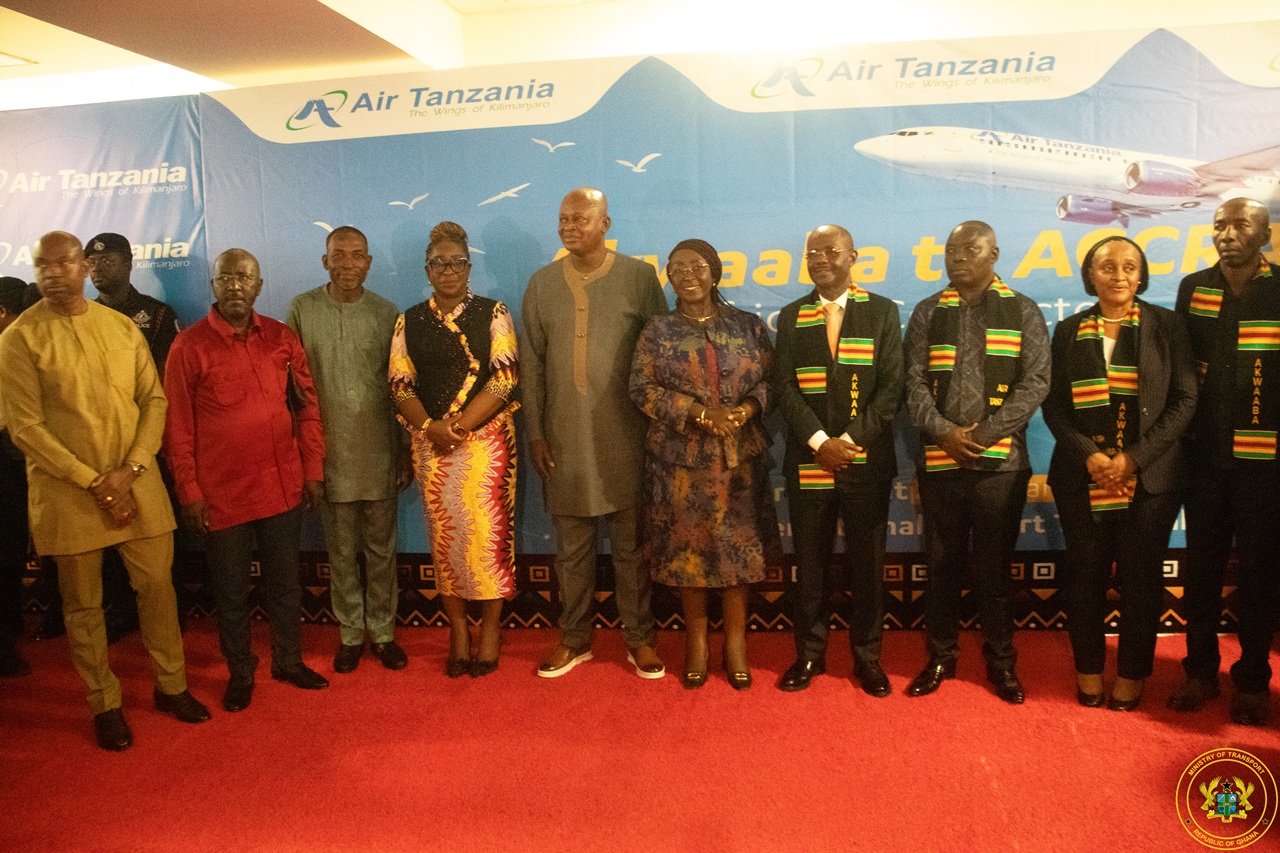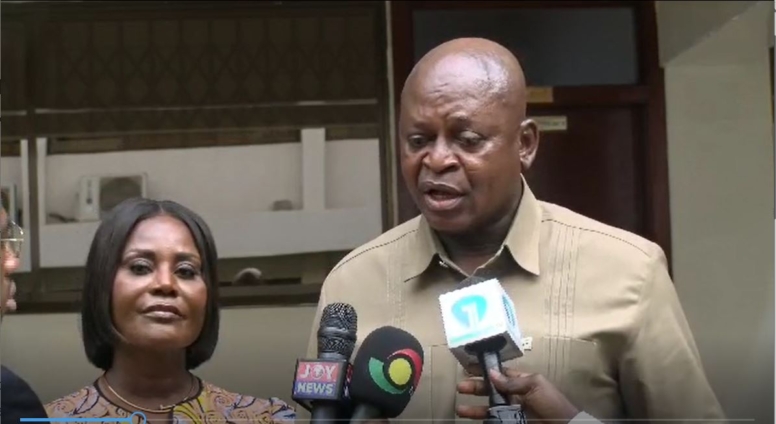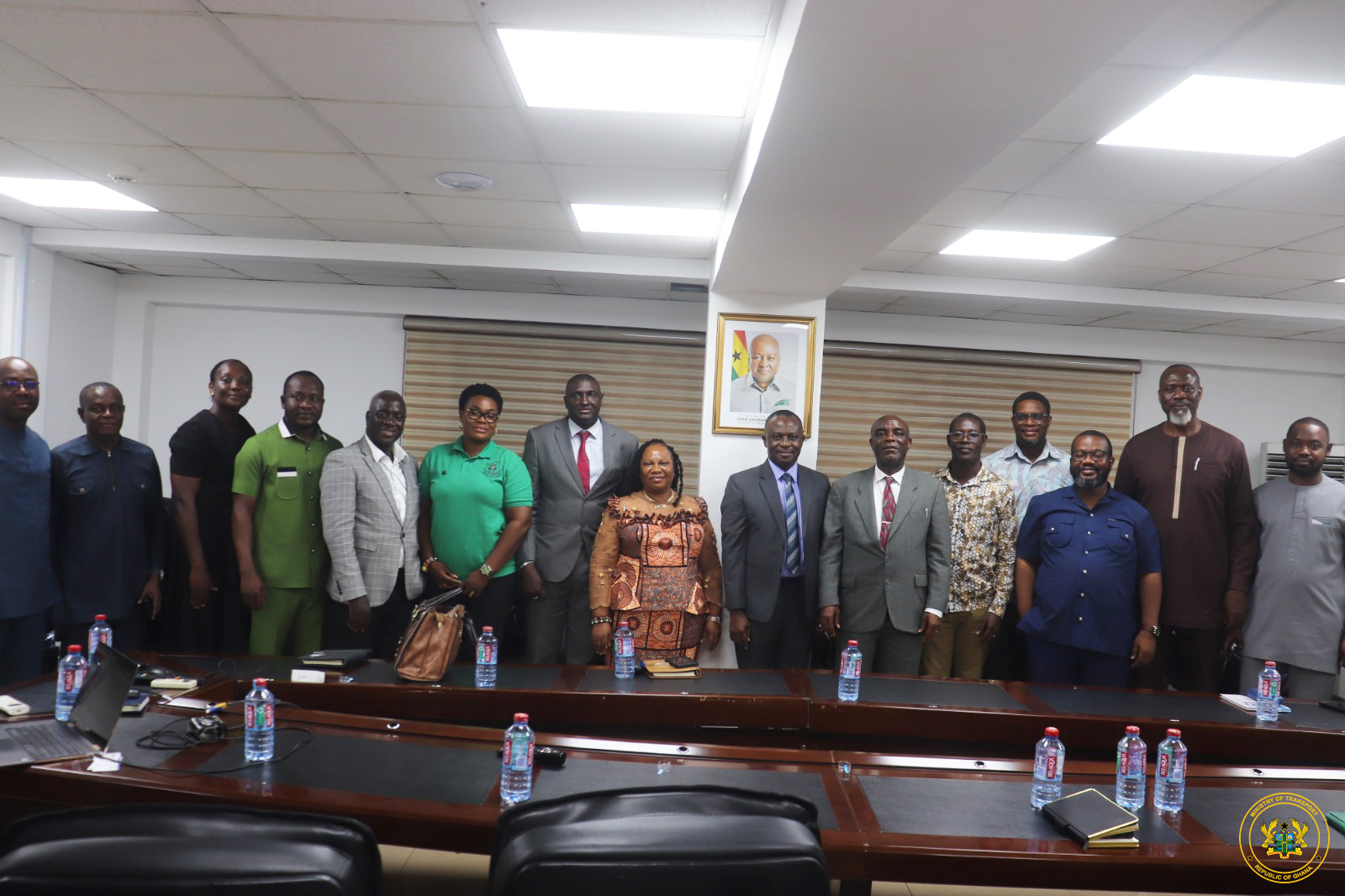The Ministry of Transport, in collaboration with the Ministries of Finance, Energy, Trade and Industry, and Environment Science and Technology, has begun a consultative process for the Draft National Electric Vehicle (EV) Policy, stressing the importance of transitioning from petrol and diesel-powered vehicles to electric vehicles.
The meetings marked the beginning of the consultative process, across 15 Regional Capitals in the country with the exception of the Greater Accra Region. These engagements involved a diverse range of stakeholders, including regional administrations, government agencies, private sector organizations, transport operators, and academia. The comprehensive approach aimed to incorporate valuable inputs from all perspectives into the policy framework, ensuring a well-rounded and inclusive strategy for the adoption of electric vehicles in Ghana.
The transport sector, crucial to Ghana's economy, has been identified as a significant source of greenhouse gas emissions due to the use of fossil fuel-powered vehicles. Experts have highlighted the adverse effects of vehicle emissions on both the environment and public health, linking air pollution to asthma, bronchitis, and premature death. To combat this, a global push towards net-zero emissions has gained momentum, with over 70 nations, including major emitters like China, the United States, and the European Union, committing to this goal.
Ghana, recognizing the need to reduce its carbon footprint, has embarked on the development of an Electric Vehicle Policy. The objective is not only to mitigate environmental impact but also to capitalize on the opportunities presented by the evolving transportation landscape. As the world shifts towards electric vehicles, Ghana aims to stay ahead, ensuring the country does not become a dumping ground for outdated petrol and diesel vehicles.
A Deputy Ministry for Transport, Hon. Hassan Tampuli leading the discussions, emphasized the importance of active participation from stakeholders, encouraging objective discussions and solutions that met the needs of present and future generations. The collaborative effort between ministries and stakeholders signifies Ghana's commitment to embracing sustainable mobility solutions.
The Ministry remains hopeful that the collective efforts will pave the way for a greener, cleaner, and more sustainable future, aligning Ghana with the global movement towards electric mobility. Stakeholders were urged to contribute their insights and ideas at all the fora, to ensure the Draft National Electric Vehicle Policy reflected the aspirations of the Ghanaian people, leading the country into a new era of eco-friendly transportation that when the document is approved by Cabinet, it will be a living document that will meet international standards.














